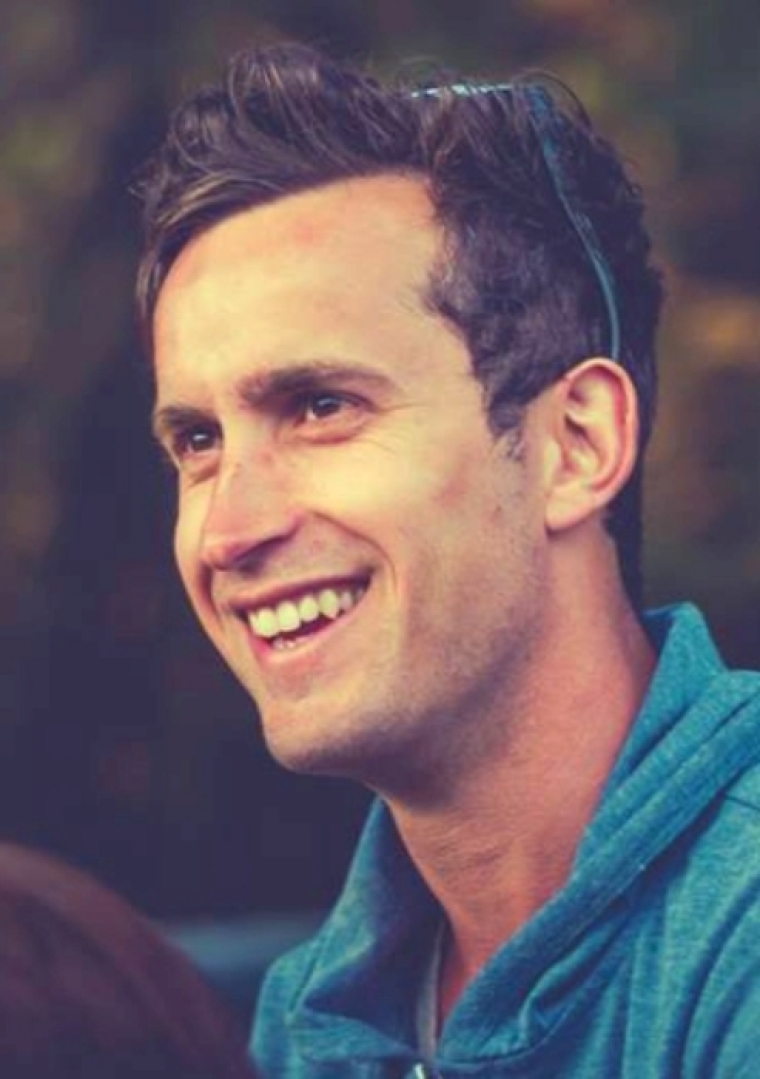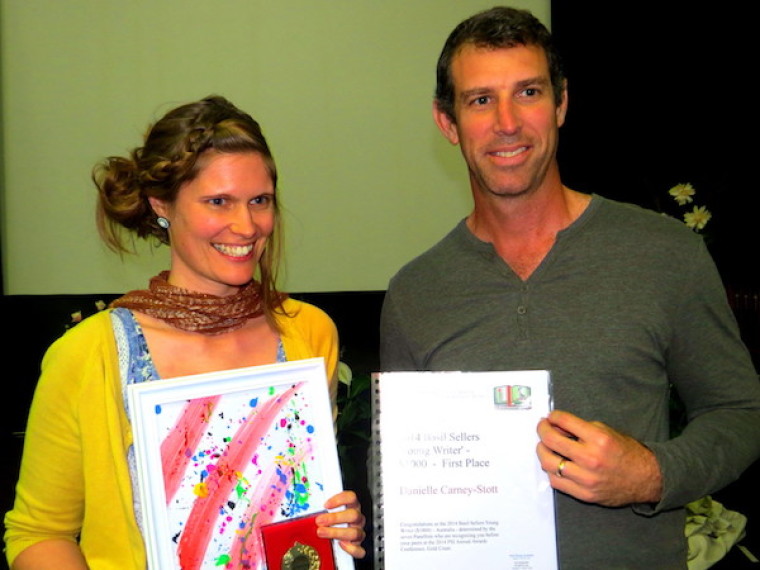

As I write this, it's the start of the Christmas season of Advent, as we remember Jesus coming to earth as a baby. I'm reminded of the baffling way the God of the universe chose powerlessness when he entered our world; he chose a defenceless baby to bring about the world's redemption.
Why so small? Why so weak? I think there's something about powerlessness that speaks volumes, and it wasn't quite what I had expected.
Predicting our end
Two similar dystopian novels were published before the 1950s, each describing how humanity might implode. These novels were prophetic pieces, and one in particular was strangely accurate.
In his famous book 1984 George Orwell describes how fear will control the fictional future; a world controlled by an everywhere dictator will supress humanity into submission using fear as a motivator.
1984 was published in 1949 during a post-war context. The book describes a world where humans become rats in a cage—pedalling a wheel for a few chosen few. Orwell coined the term 'Big Brother' and prophesies about a society where people need to fall into line; books are banned and people need dumbing down.
On the other hand, Aldous Huxley's Brave New World predicts a society where humanity will be undone by pleasure. Written in 1931 and published in 1932, Huxley foresees a future where we are given everything we need.
People in Huxley's novel do not want for anything and eventually they are caught up in vanity, pleasures and all things trivial. Humanity soon forgets what it meant to think, instead pursuing the shifting charms of the day. Books don't need banning—they simply become irrelevant.
Huxley's world is not frightening when compared to Orwell's oppressive scenario. Orwell feared truth would be hidden from us, while Huxley points out humanity's insatiable appetite for distraction. In his book, Amusing Ourselves to Death, Neil Postman summarises the difference: 'Orwell feared that what we fear will ruin us. Huxley feared that our desire will ruin us.'
The ruling powers of today
With the exception of some notably horrific cases—Pol Pot, Mao Zedong, Robert Mugabe and Kim Jong Il—I think that Huxley may have foreseen a more likely scenario for the vast majority of us.
I think pleasure is today's bigger control agent. We're lulled into submission and gently rocked to sleep with infotainment overload and convenience everything. It's easy to lose sight of what's really important, and subtly become addicted to pleasure and easy self-absorbed living.
We're not force-fed anything, we willingly buy and sell and participate in the big dance of consumerism with our biggest industries today feeding us platforms to distract and entertain us. We're lovers of emptiness.
Richard Rohr says, 'The postmodern world has rejected most myths except two, and these are especially lethal for the soul and for the poor and for the future: "I produce therefore I am" and "I consume therefore I am"'.
To find deeper meaning we must admit that we're powerless to satisfy the hole pleasure promises to fill.
Addiction and the AA
What does an alcoholic need to pull himself out of his addiction? The answer: to admit he's powerless, and then to find and rely on a higher power to help him out.
If we're all getting drunk on pleasure, what do we need to escape its control?
Modern philosophy suggests we need willpower alone. However, this response only produces an ever deeper need of self-management, perpetuating our own delusion.
As English poet W. H. Auden says, 'We would rather be ruined than changed. We would rather die in our dread than climb the cross of the present and let our illusions die.'
In contrast, Bill Wilson, the co-founder of Alcoholics Anonymous, said when at his lowest point:
My friend sat before me, and he made the point-blank declaration that God had done for him what he could not do for himself. His human will had failed. Doctors had pronounced him incurable. Society was about to lock him up. Like myself, he had admitted complete defeat. Then he had, in effect, been raised from the dead, suddenly taken from the scrap heap to a level of life better than the best he had ever known! Had this power originated in him? Obviously it had not.
There had been no more power in him than there was in me at that minute; and this was none at all... I saw that my friend was much more than inwardly reorganised. He was on a different footing. His roots grasped a new soil.
This Christmas
Our egos don't like the thought of powerlessness at all, but, at the deepest level, our souls know the true meaning of letting go. We must let a higher power produce in us the humility required to admit we're in need of help.
This Christmas I remember that God's great power was hidden inside a baby, as he was born into a vicious world out to kill him from day one. I remember that I must lay down my ego, my addictions, and my lust for pleasure and distraction. In apparent weakness—the laying down of our will and desires—we find true strength.
Brad Mills enjoys the outdoors and almost any sport... For a day job he's a journalist who works at the Rhema Broadcasting Group in Auckland New Zealand.
Brad Mill's previous articles may be viewed at www.pressserviceinternational.org/brad-mills.html